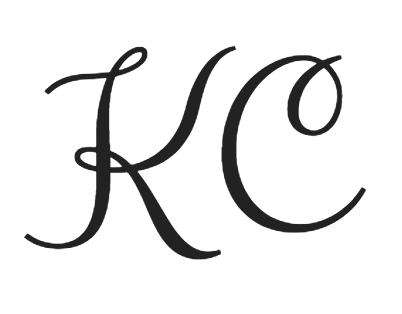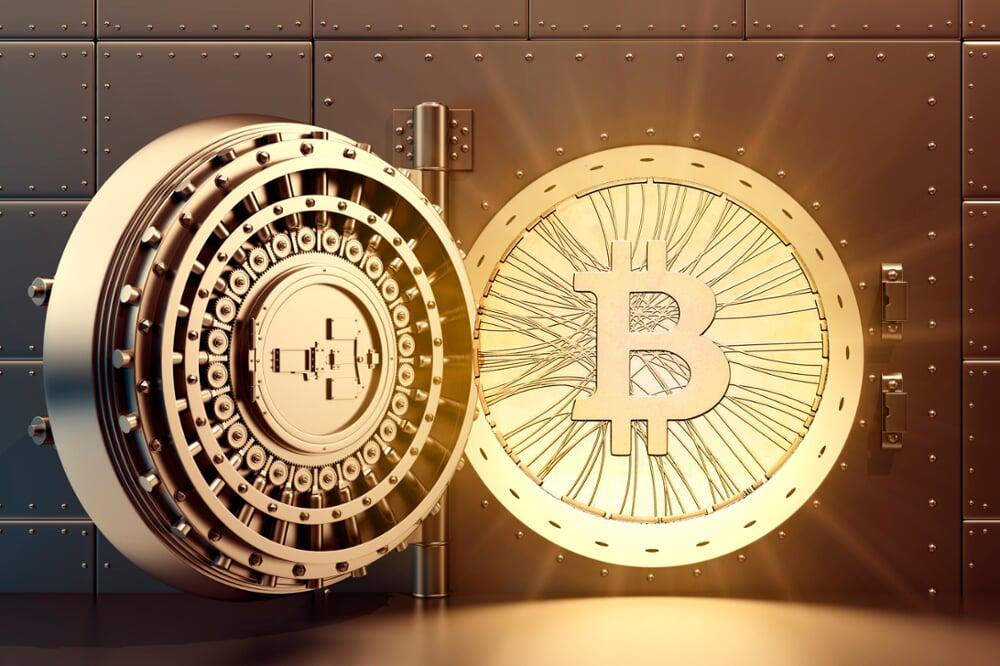Bitcoin Security For Beginners - What You Need To Know
In this post, I'm going to go over everything there is to know about security before getting into Bitcoin or cryptocurrencies in general. It's going to be my thoughts and stuff that I wish I could have read when I first started out. I'll cover just a few basic tips that I highly recommend you undertake.
The most important thing that you should be worried about when it comes to cryptocurrencies is security. In my 3 years of being involved within the space I have seen countless scams, people getting hacked, people losing their coins and just many shady conmen in general.
Now, this isn't to scare you off - there are bad people in every industry in the world, it's just that in cryptocurrencies there is normally no way to get your coins back if they end up in the hands of a thief. Yes, one of cryptocurrencies best features (non-reversible transactions) is also one of it's downfalls. Below I will lisy my top security tips:
Use 2FA on ALL cryptocurrency exchange accounts and email accounts that are associated with that account. 2FA is an app that is made by Google that adds an extra layer of security to your accounts. If a hacker doesn't have your 2FA codes, then they cannot get into your account.
Use different emails for each exchange account. Some people would say this is over-kill, but I have heard many times about some users getting one account hacked on an exchange and then their other exchange accounts that are associated with that same email address are also hacked. Obviously the same could be said for using the same passwords on exchange accounts and email accounts.
Install anti-virus. This should be a staple for anyone who is security conscious, regardless of if you are in to cryptocurrencies or not. A good (paid) anti-virus program is essential - also look for one that has in-built anti-malware. Unless you go for a standalone anti-malware service such as Malwarebytes.
Keep you private keys offline. Your private keys are like the password to your cryptocurrency. If anyone gets ahold of your private keys, then they have full access to your crypto. So, don't keep them stored on your computer - you can write them down on a piece of paper and store it in a fire-proof safe. Another option is to engrave or "punch" the private key into a piece of steel and keep it locked in to a safe. Remember - a piece of paper can easily be destroyed by fire or water.
Use a VPN. A VPN is a virtual private network. This ensures that your IP address is completely hidden from the outside world. You can make it look like you are in New York, when you are really in Sydney.
These are just a few basic security tips that i recommend following before getting started with cryptocurrency, I encourage anyone to take these few steps at the very minimum. If you have something which you think should be added, send through your thoughts.

